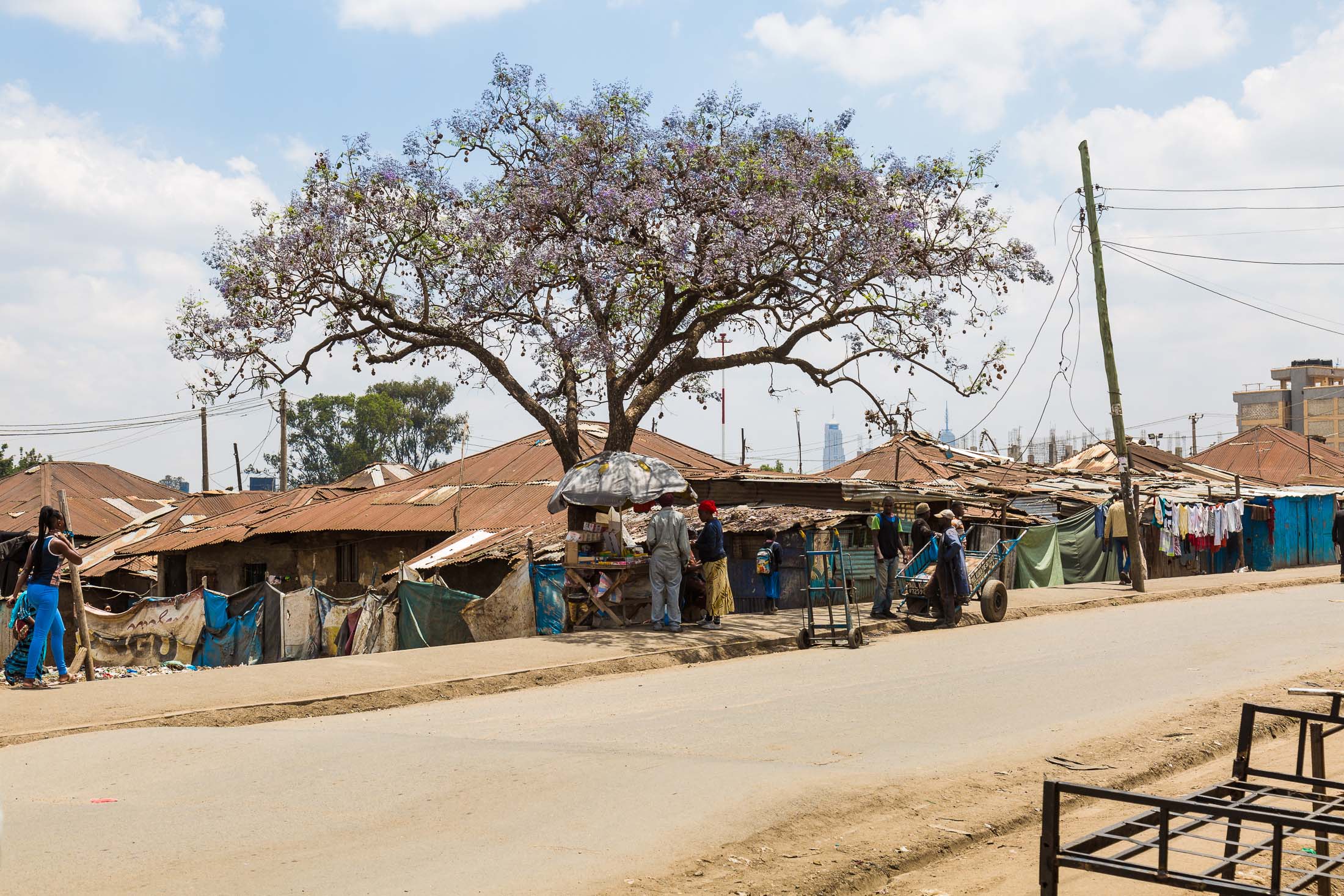
Rhythms of everyday life: moving and sitting, working and mingling, hustling and waiting
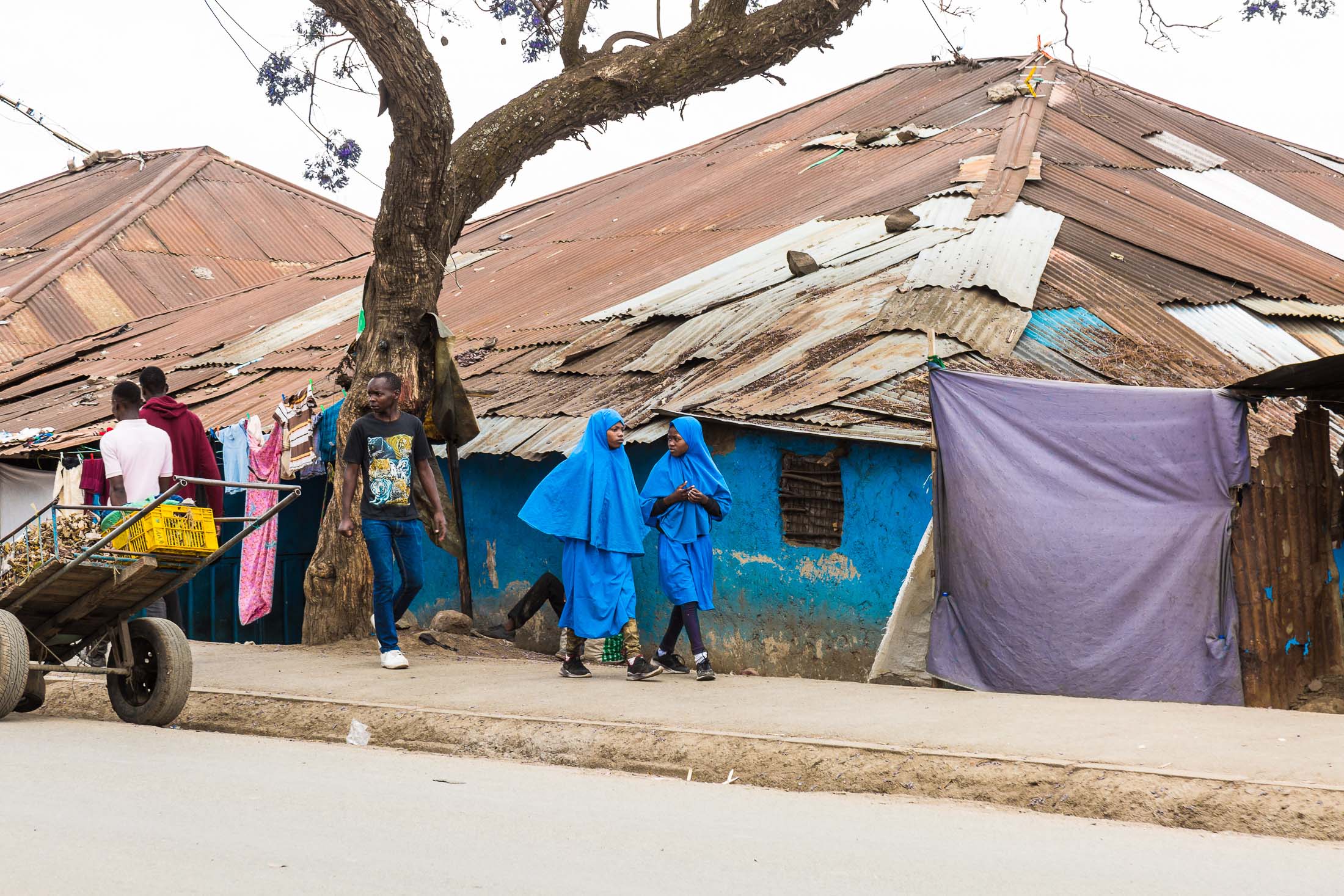
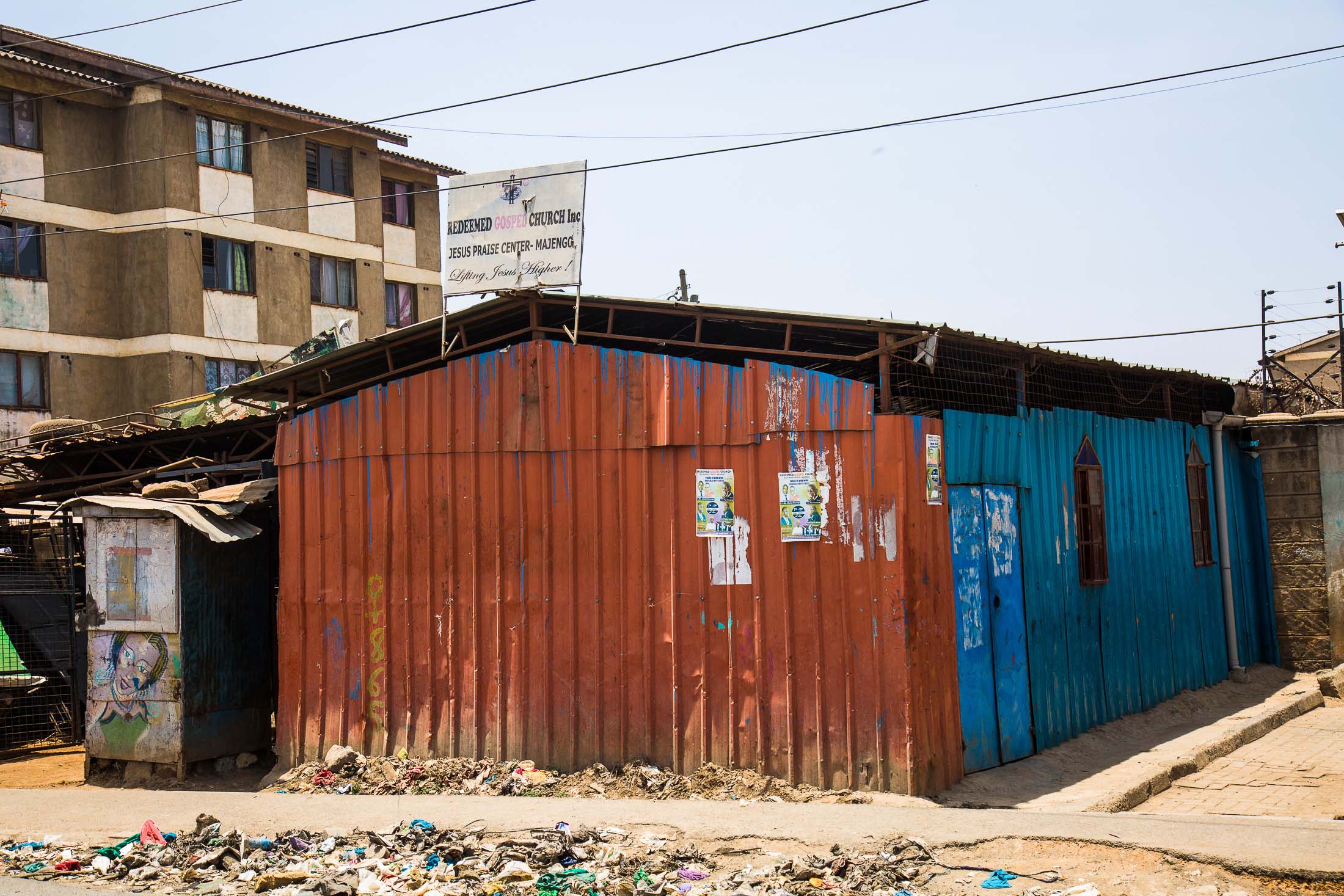
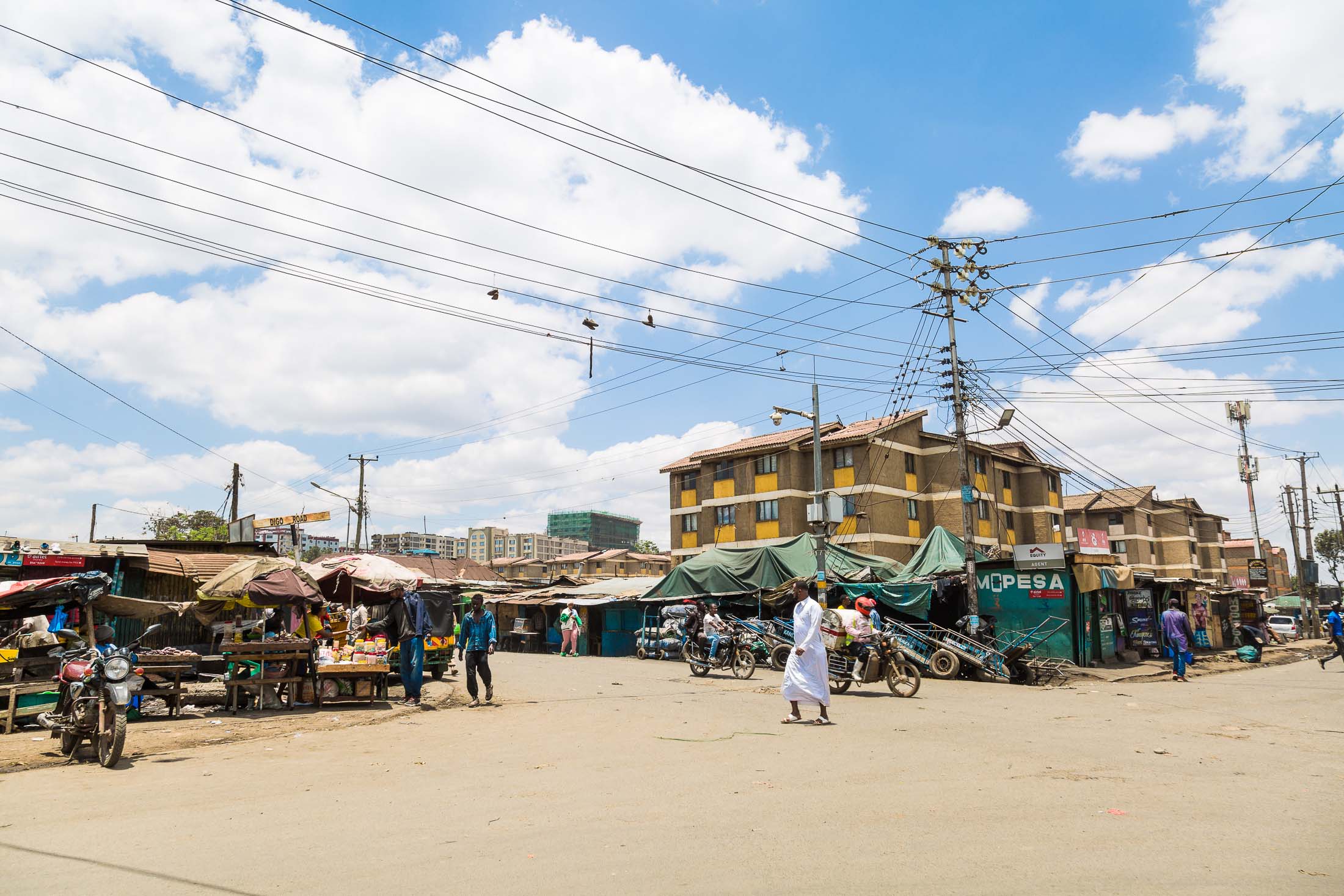
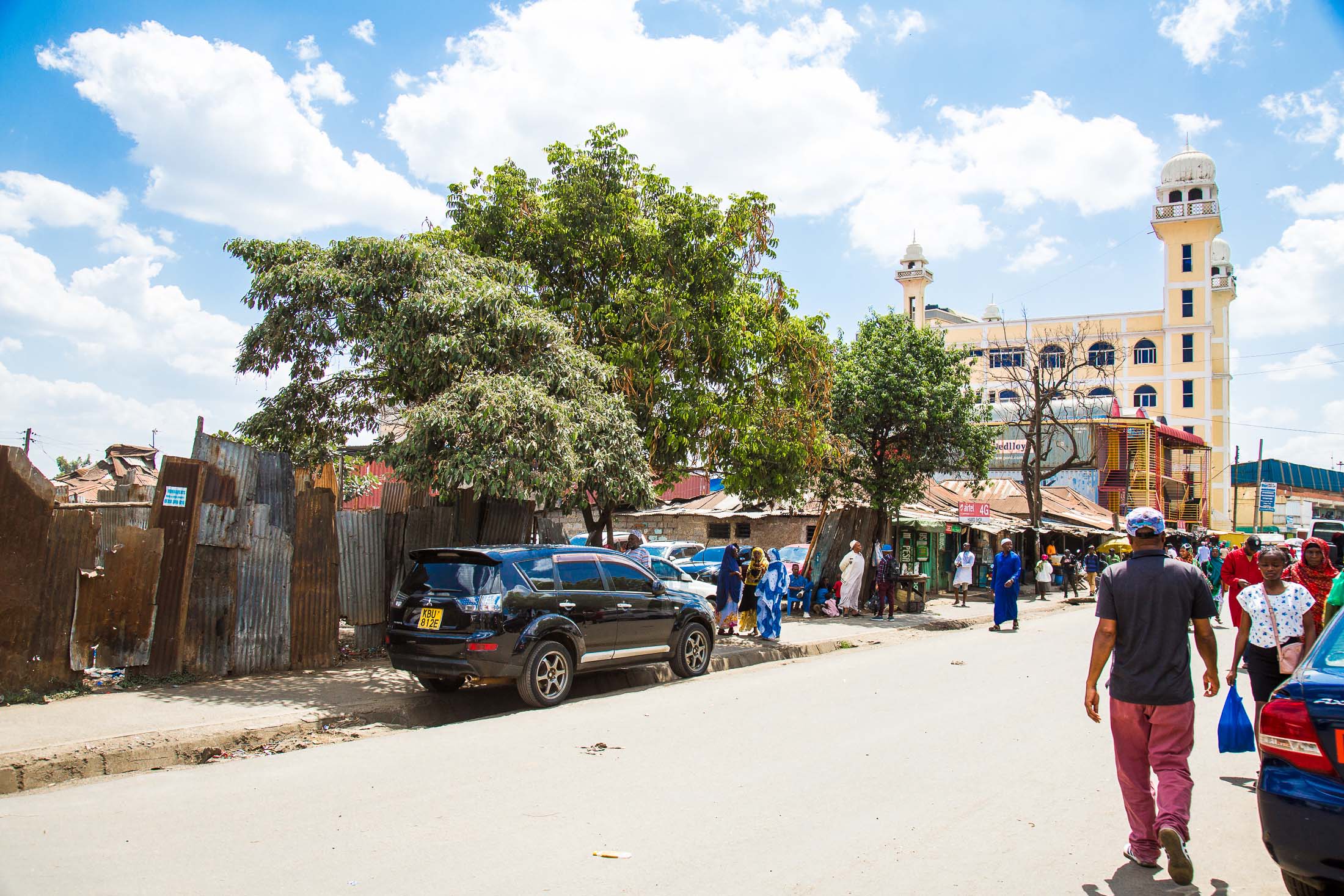
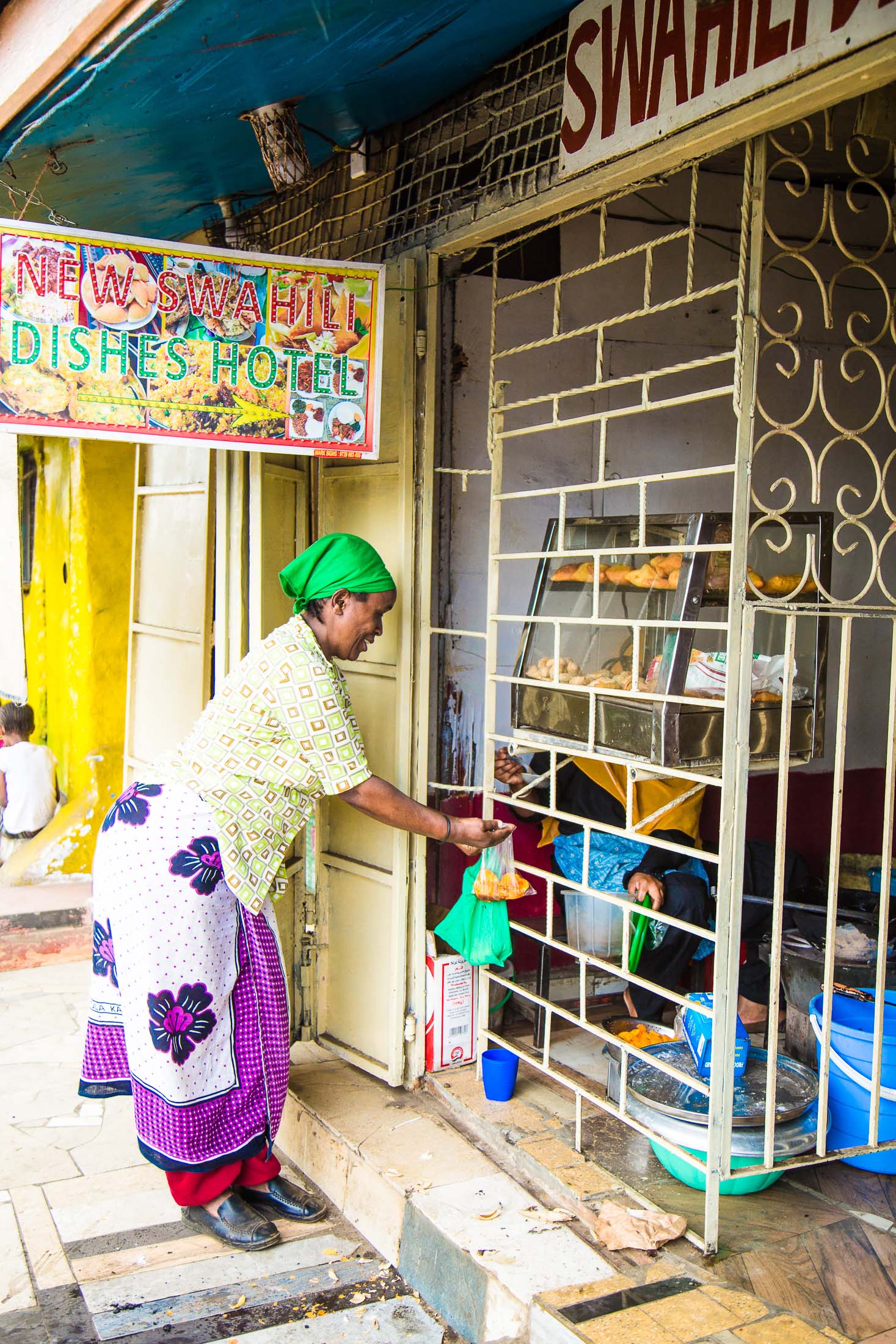
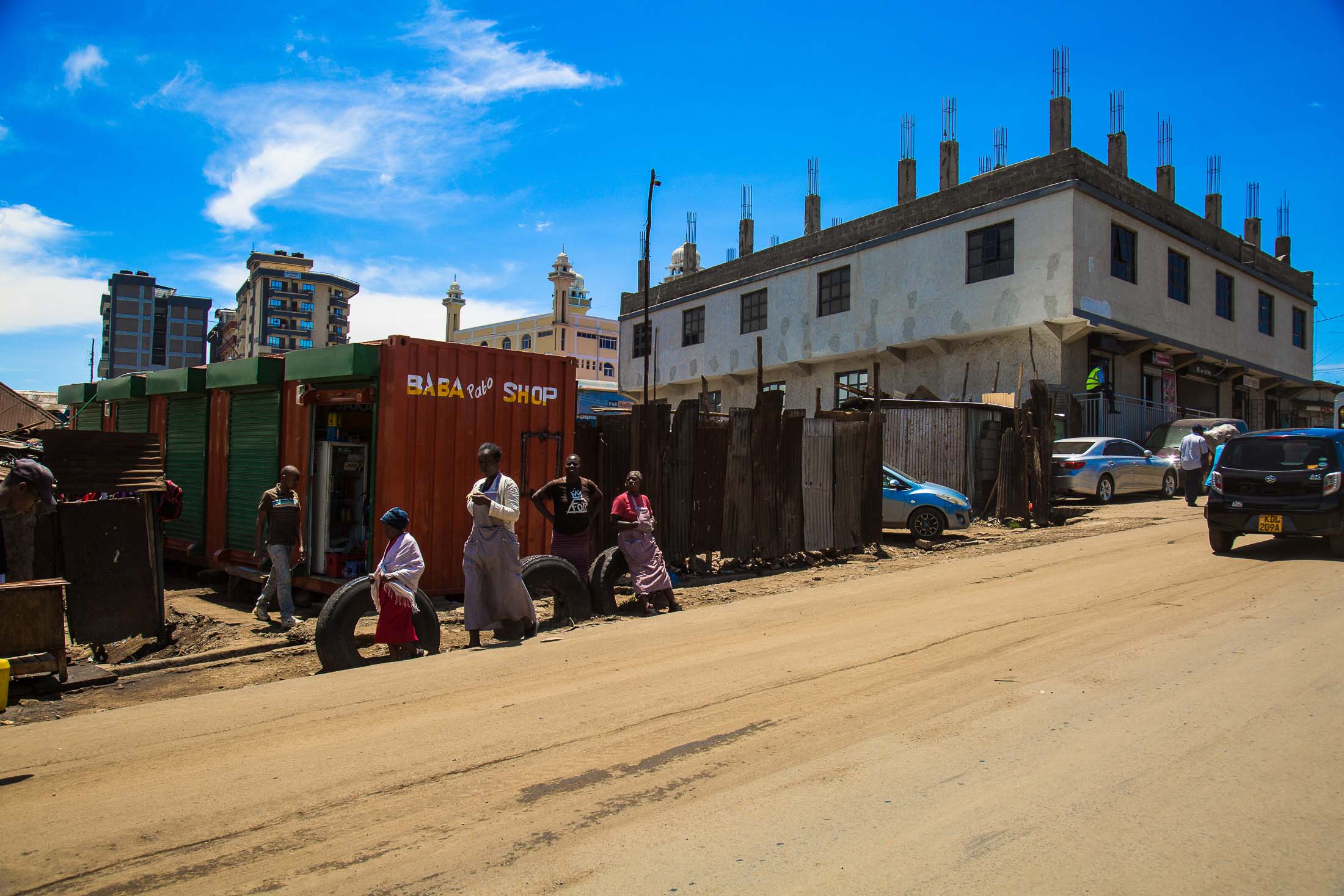
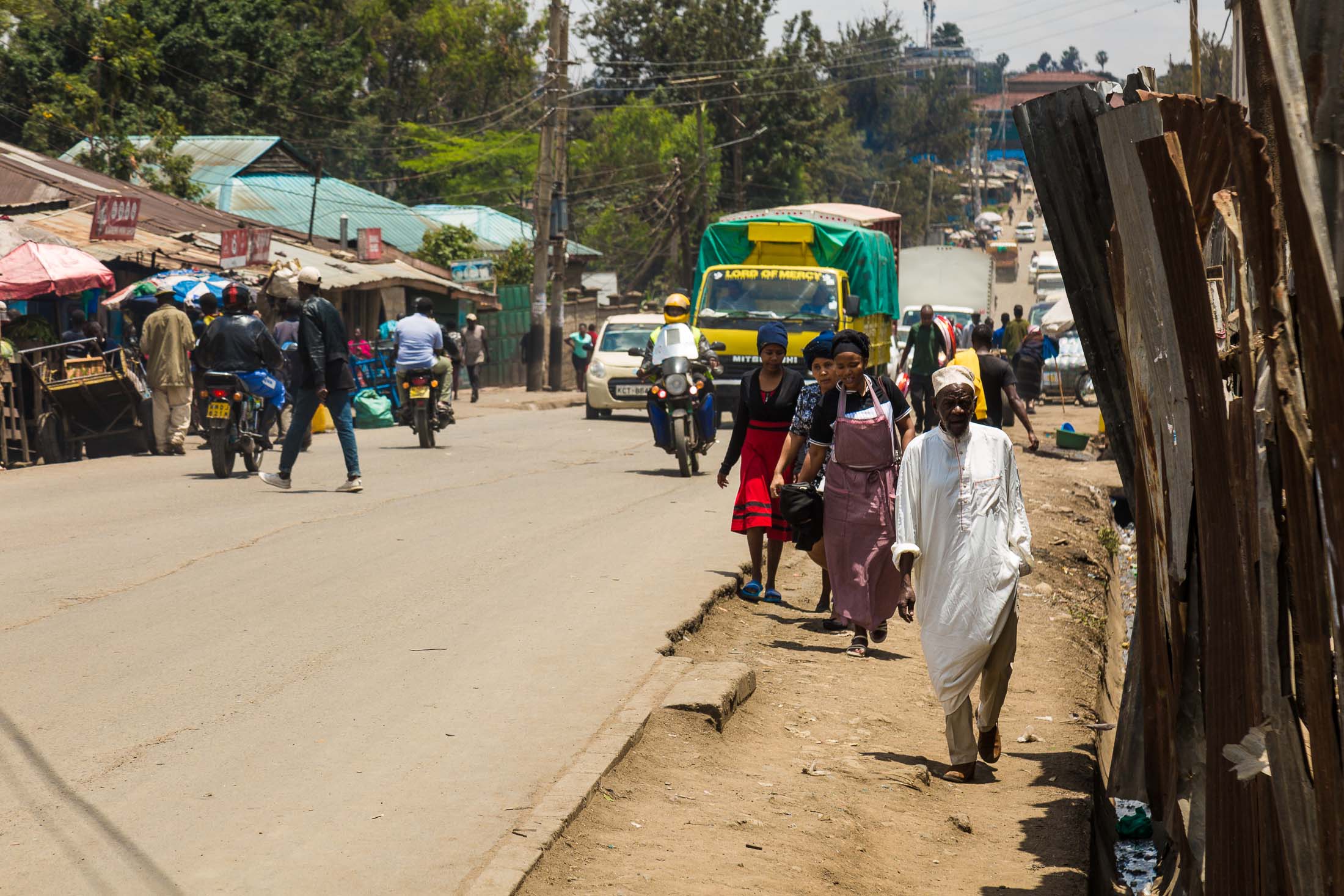
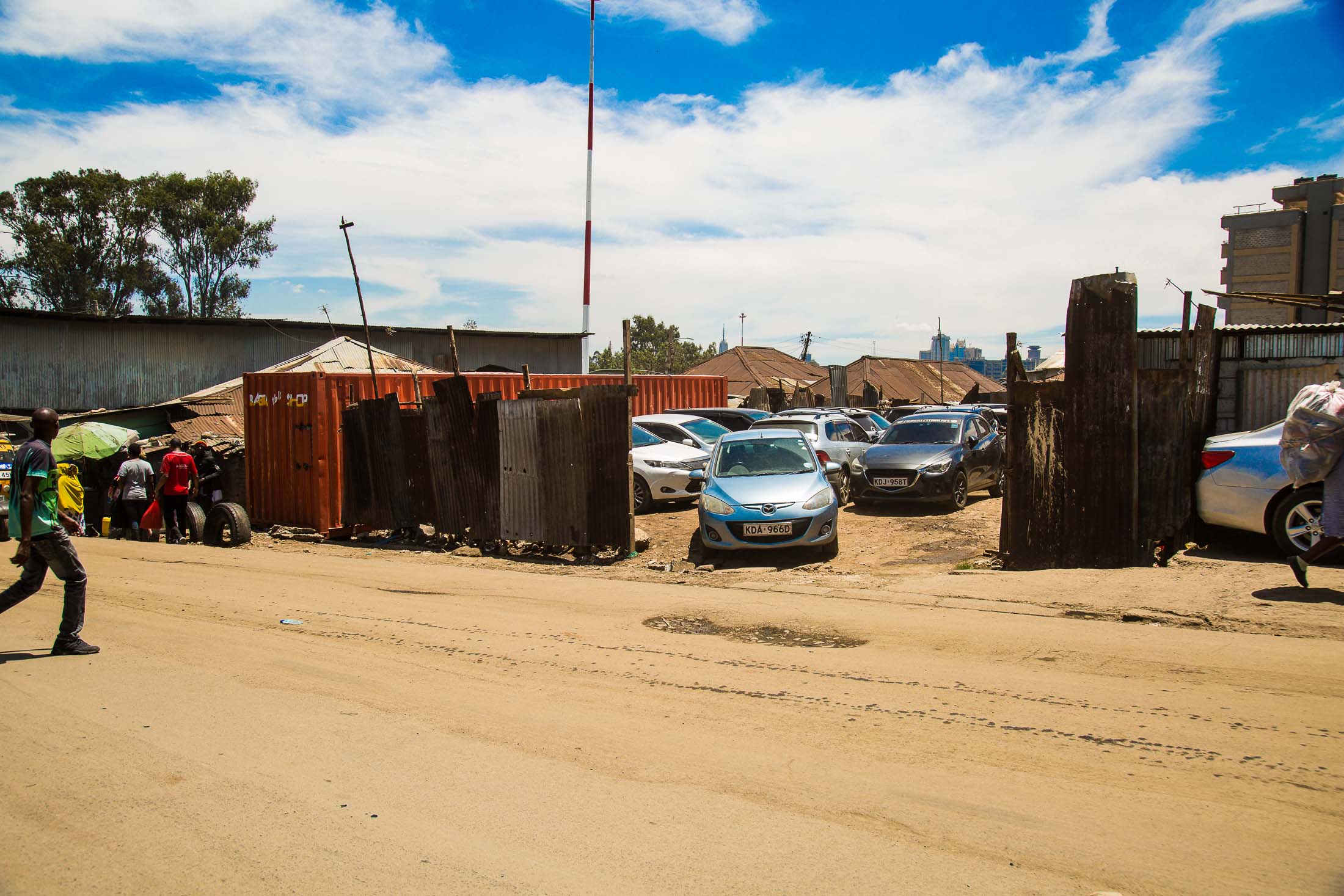
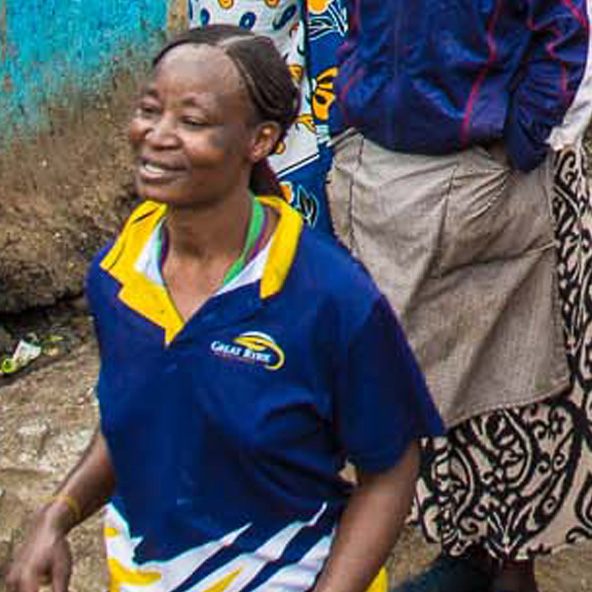
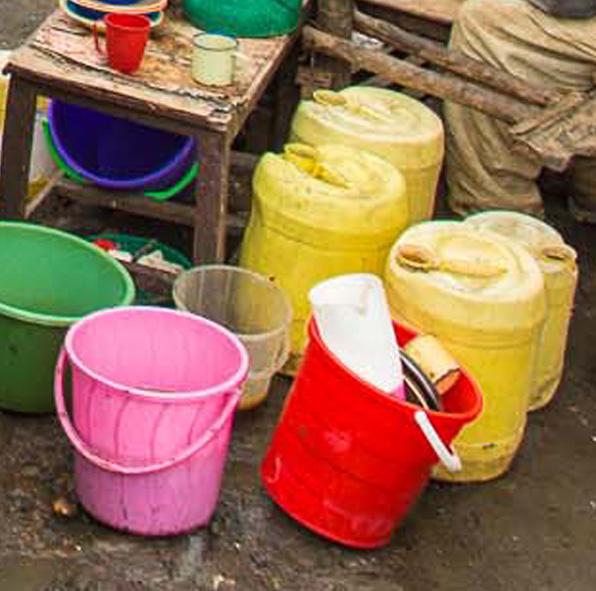
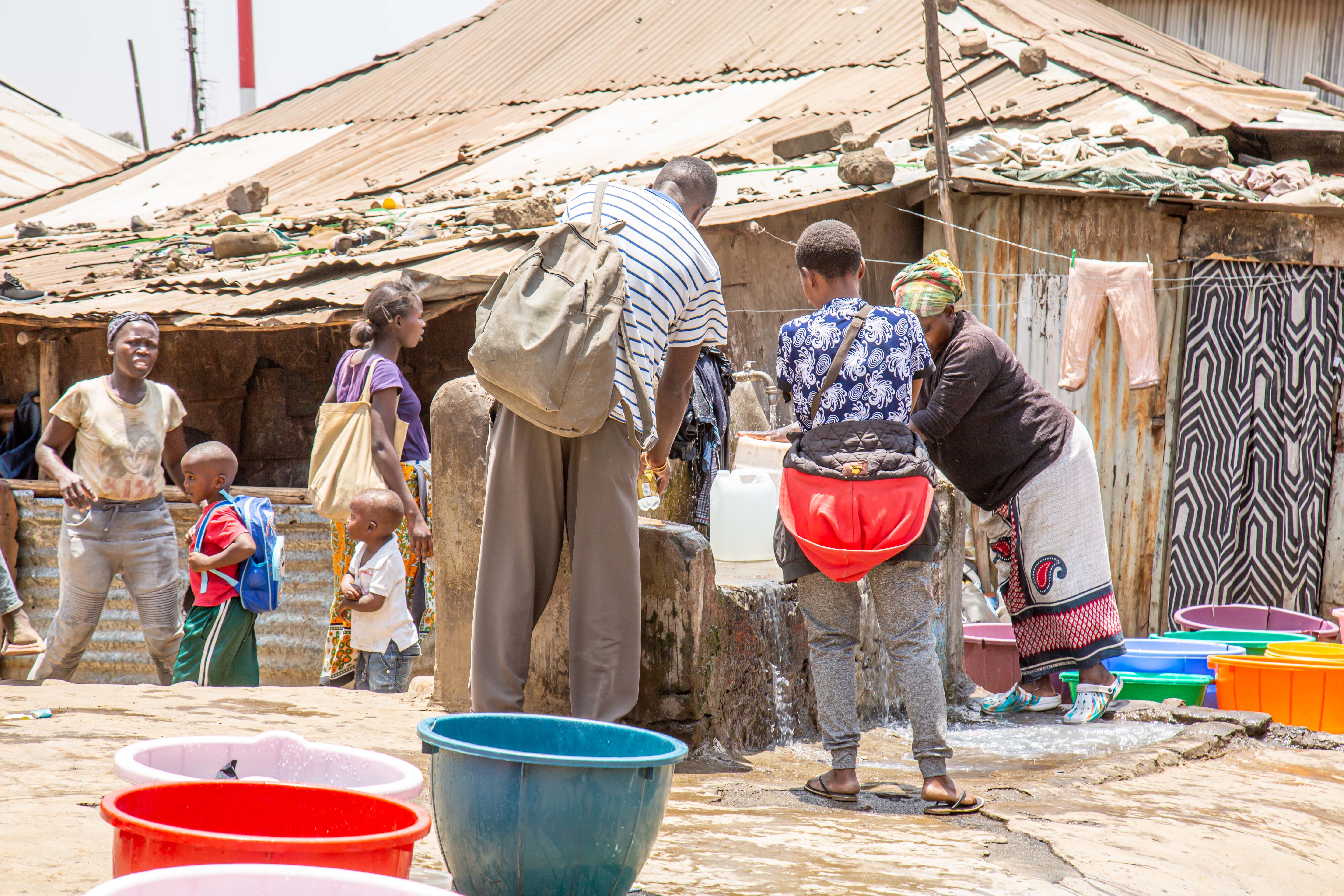

Rhythms of everyday life: moving and sitting, working and mingling, hustling and waiting











Presenting pasts
Leslie Fesenmyer with photography by Harun Anziya Litinyu, sound by Ronnie Mugambi, sound editing by Sarah Varney and creative facilitation by Julius Mwaniki
Contemporary Majengo is a palimpsest, with inhabitants drawing on its past and their own, and their ties to elsewhere, reworking them into new modes of being and relating.
Majengo is the centre of Pumwani, the first estate for Africans built in Nairobi during the colonial era. It is a historic site of arrival, the place where Muslim soldiers from the coast settled following their demobilization from the British armed forces, and the continuous arrival place of rural-urban, increasingly Christian, migrants from elsewhere in Kenya since the early 1920s. It is also home to Gikomba Market, one of the largest trading hubs for mitumba (second-hand clothes) in East Africa. With its history of mobility and settlement, trade and transit, Majengo has always been a religiously and ethnically diverse urban centre in a country popularly and politically understood as Christian and rural, and beset with ethnic tensions.
Located adjacent to Nairobi's Central Business District, Majengo is changing rapidly. Multi-storey blocks of modern flats are replacing over 100-year-old Swahili style houses, sprawling low buildings made of mud and wattle. Long-time residents, Muslims and Christians, are both selling plots and being displaced, unsettling relations of coexistence and sedimenting growing inequality.
Through juxtaposition and collage, layering and mixing, we encounter multiple temporalities and an ever-changing landscape in Majengo. Presenting pasts invites us to walk with residents, sharing vistas, absorbing the sounds and textures of everyday life. The routes we take (re-)make places, while the rhythm of walking attunes us to the surrounds. Walk along a tarmacked road or pick your way along a rocky path; stop at a colonial-era water point still used daily; join a Muslim widow in a funeral procession for her Christian husband; see a new ‘storey building’ rise from an empty plot; attend a maulidi celebration marking the Prophet Mohammed’s birthday; and walk through a street lined with second-hand shoe stalls and join a midday Pentecostal service. As you walk, everyday sounds accompany you: boda bodas (motorcycles) revving, calls to prayer, children playing, a Pentecostal praise session, onions sizzling, and the scrubbing of shoes for resale.
We would like to thank all of those who spoke with us and allowed us to accompany them as they made their way around Majengo. Their journeys, both literal and figurative, along with their generosity, made the project possible.